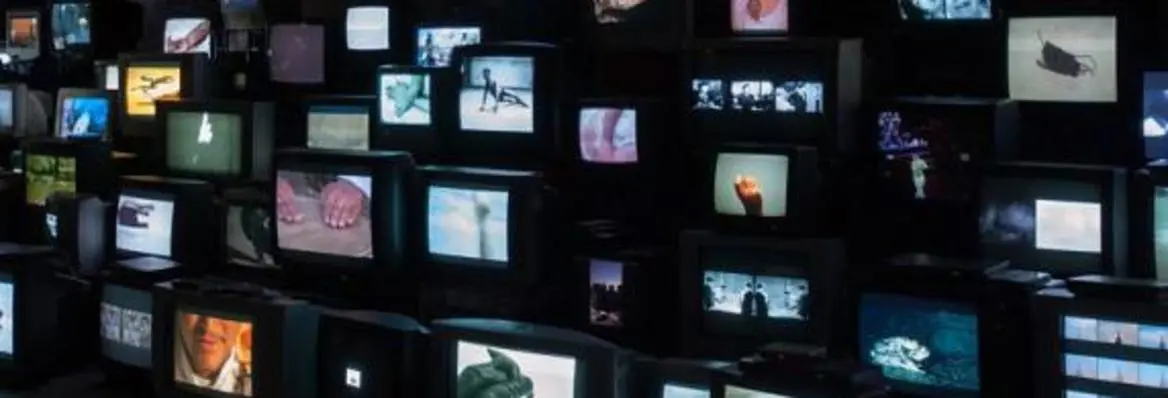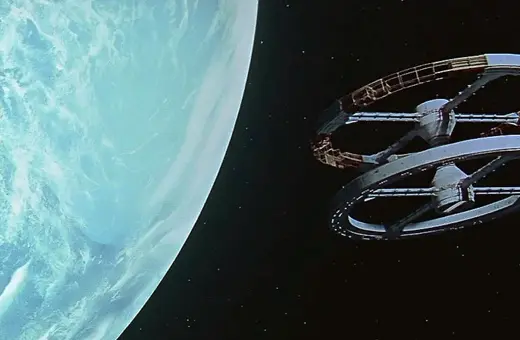Last year the Oxford Dictionaries chose “post-truth” as the International Word of the Year, noting that its use “increased by approximately 2,000% over its usage in 2015.” The term “post-truth” refers to “circumstances in which objective facts are less influential in shaping public opinion than appeals to emotion and personal belief.” It suggests the concept of truth “has become unimportant or irrelevant.”
The Dictionaries announced their choice just one week after the surprise election of Donald Trump to be President of the United States. Politically, it does seem we are in a time when factual truth has become insignificant: a time when Kellyanne Conway, Trump’s counselor, can characterize obvious falsehoods as “alternative facts”; when Scott Pruitt, a climate change denier, can become head of the U.S. Environmental Protection Agency; and when the President himself regularly tweets blatant lies, seemingly without serious repercussions. Truth in the standard Western sense of factual accuracy and correct assertions seems to have become politically passé. Anyone who knows what authoritarian and totalitarian regimes are like will find this trend worrisome. As both George Orwell and Hannah Arendt have shown, such regimes thrive on the dismissal of factual truth.
Even more worrisome, however, would be tendencies toward a world beyond truth in the broader sense of faithful living. In such a broadly “post-truth” world, it would not matter whether we seek to live the truth and embrace what is good. It would not matter whether we promote justice or pursue oppression, whether we show solidarity toward others or practice hatred, whether we respect or ravage the Earth. In fact, the very distinction between good and evil would fade away, as happened this past weekend when President Trump, the supposed leader of a constitutional democracy, failed to distinguish between racist violence and anti-racist resistance after white supremacists ran riot in Charlottesville, Virginia, and one mowed down a group of protesting citizens. This is the larger worry of an allegedly post-truth world: In dismissing the importance of correctness and accuracy, will people simultaneously lose their desire to seek the good, thereby tolerating societal evil and embracing the Lie? The term “post-truth” signals more than a political quandary. It points to a deep crisis in society.
__
"Truth is to be lived rather than merely asserted, and our assertions of truth need to belong to our living (the) truth. All human beings, including philosophers, are called to live in and live out the truth."
___





















Join the conversation